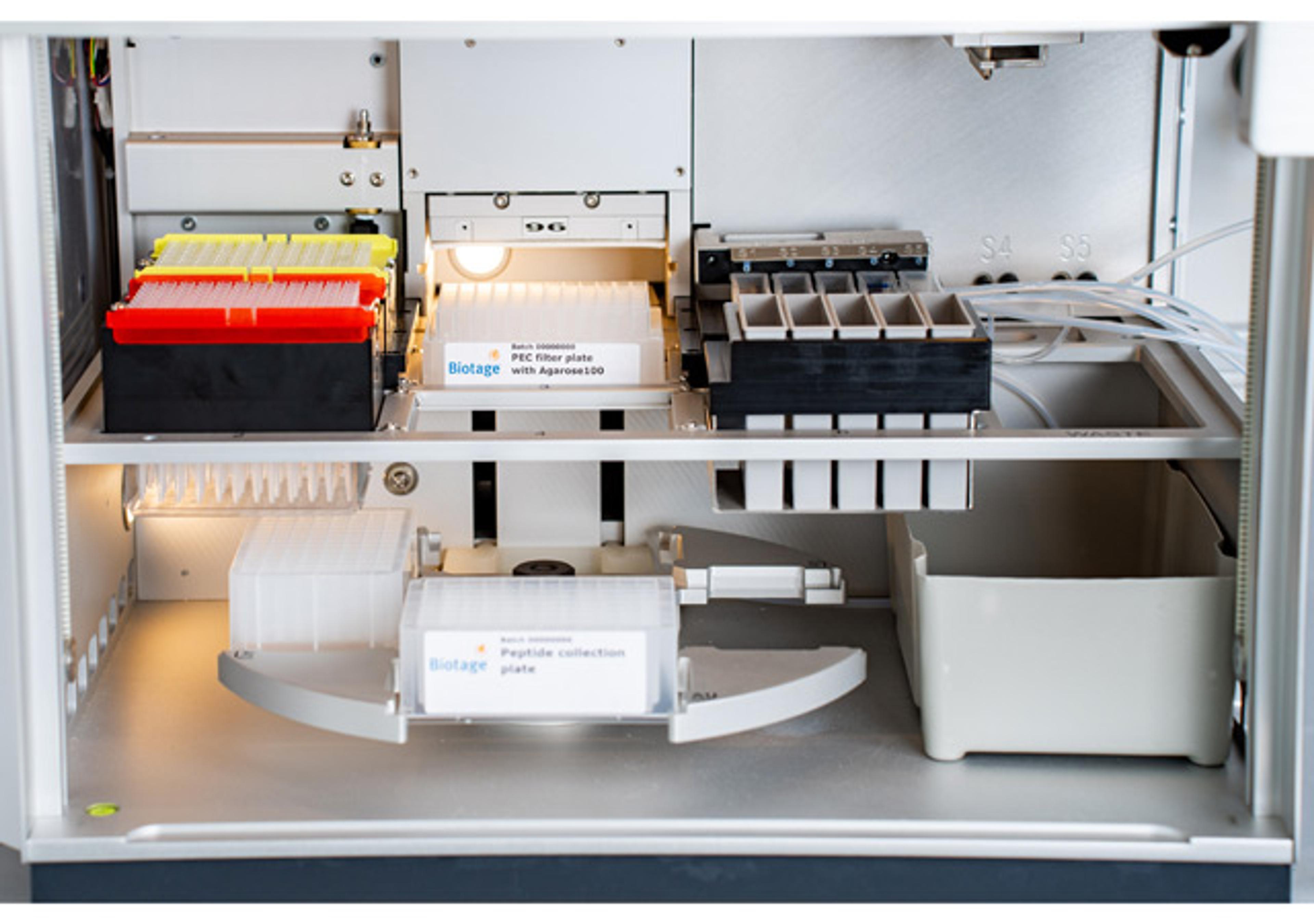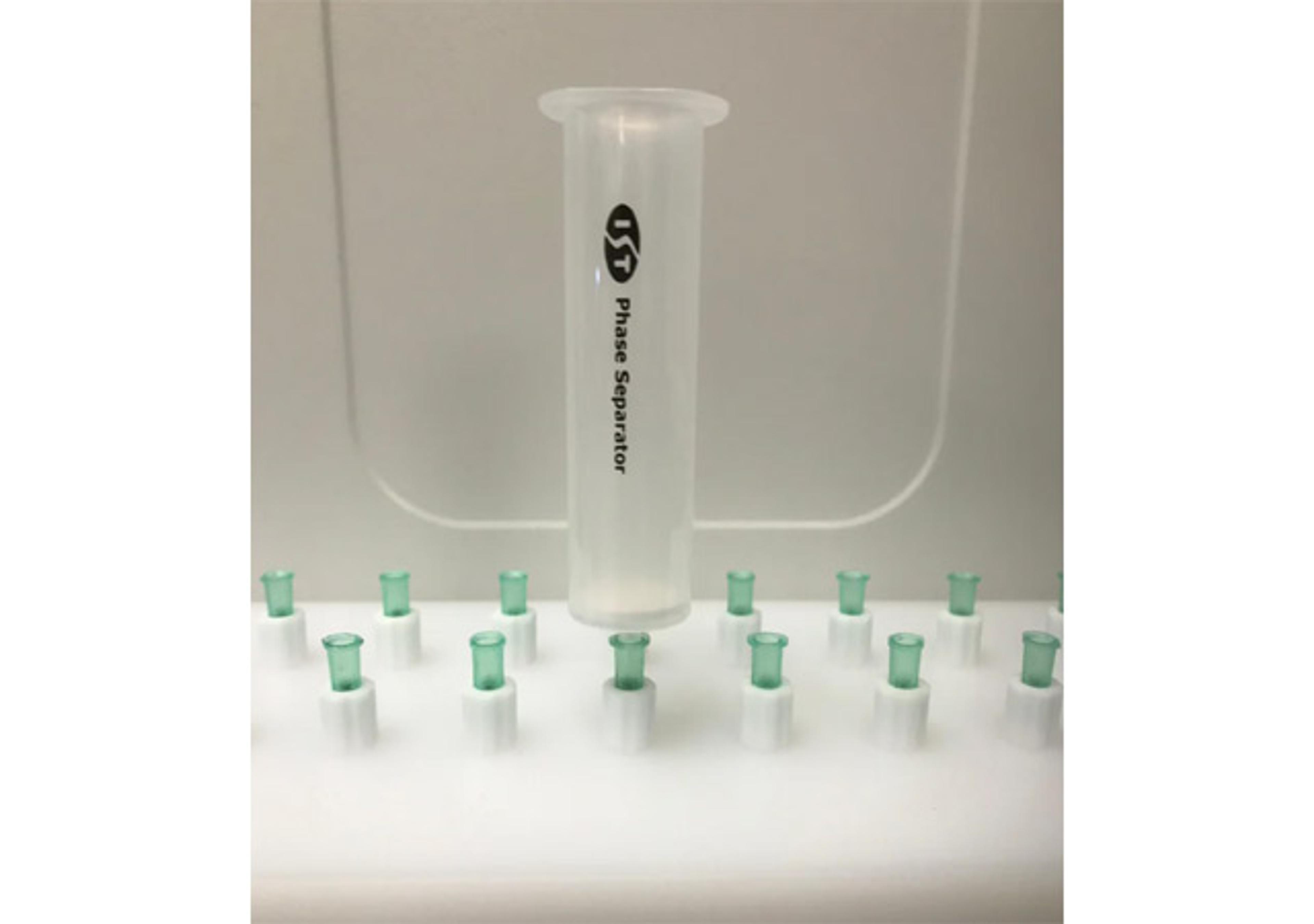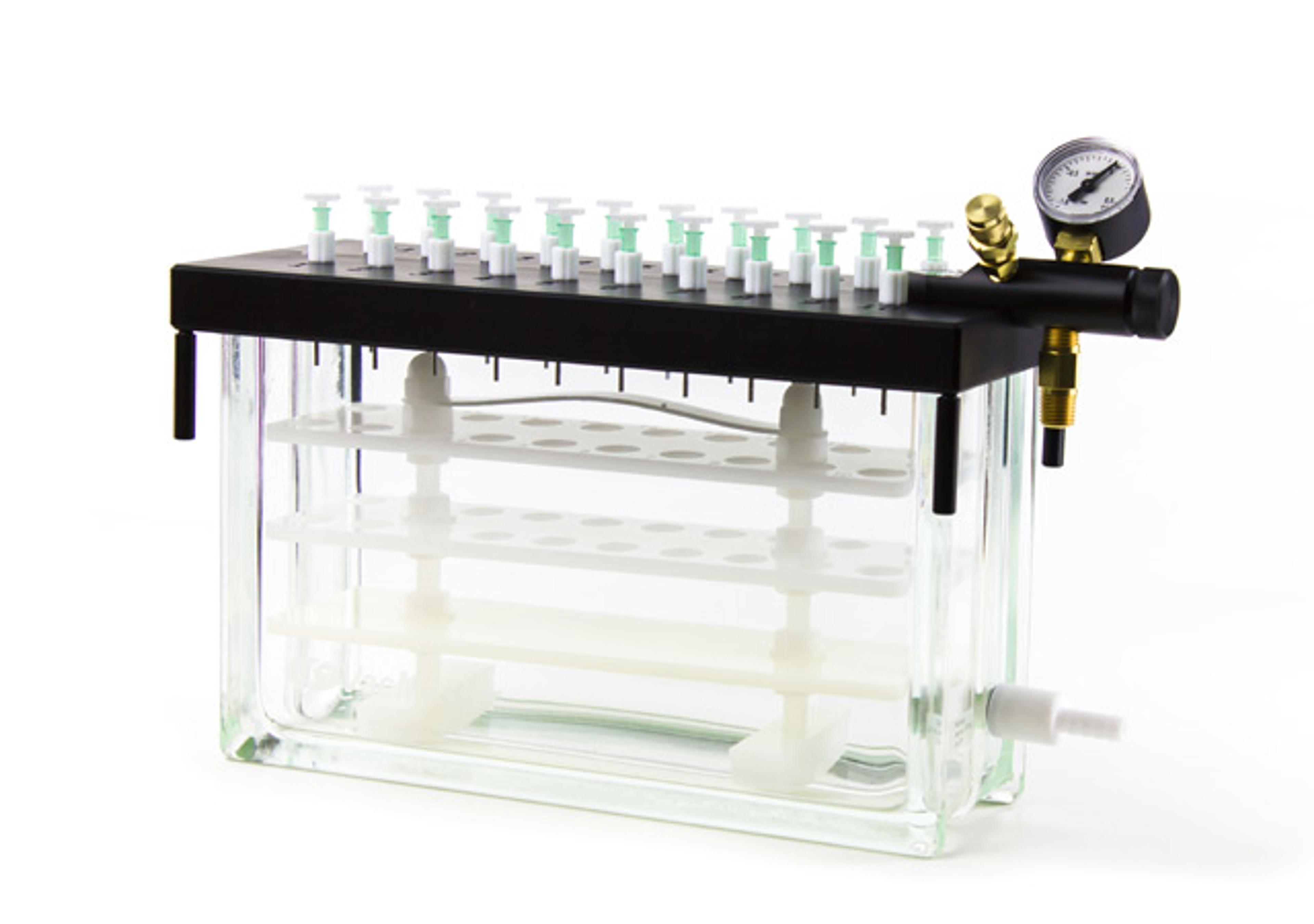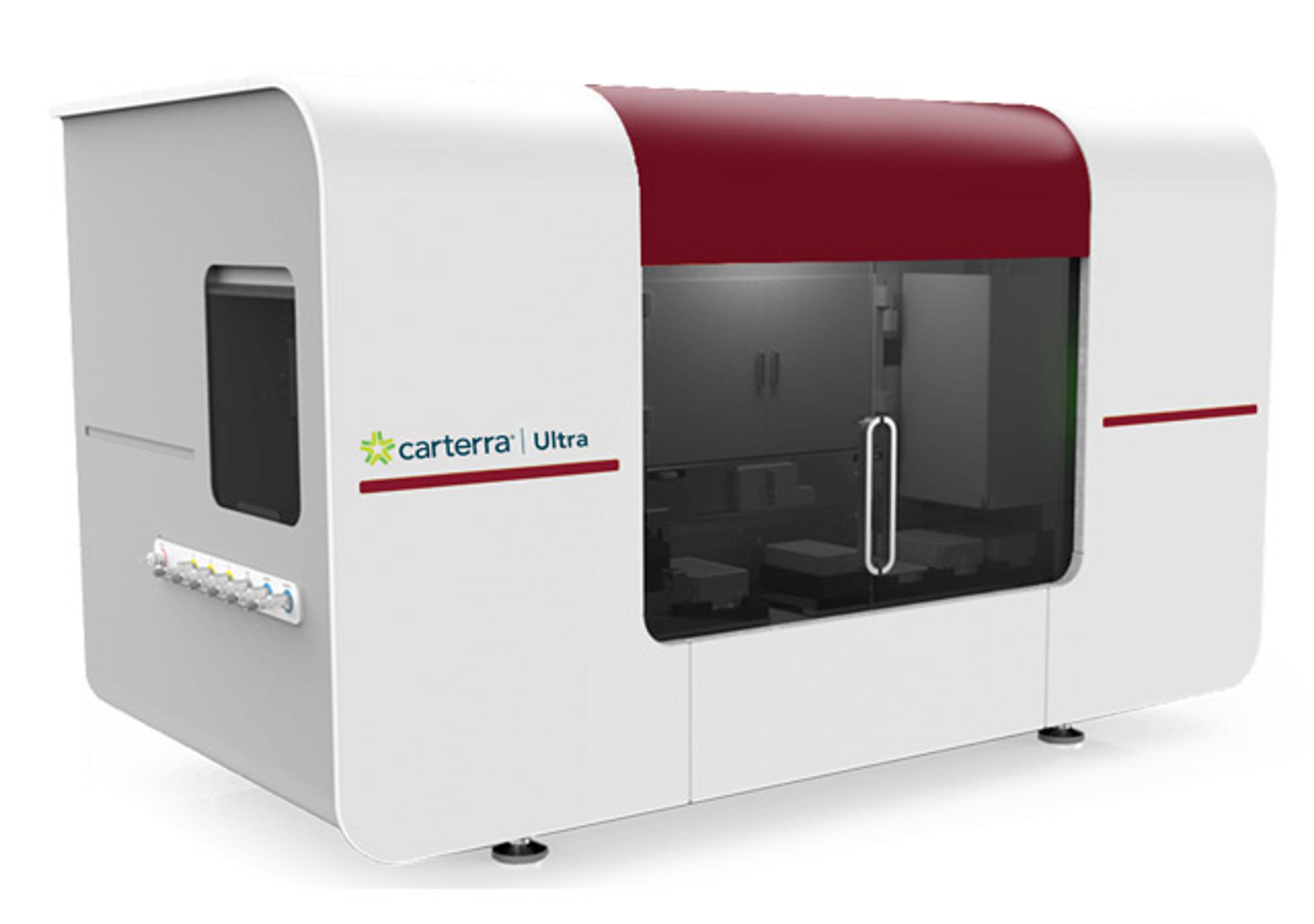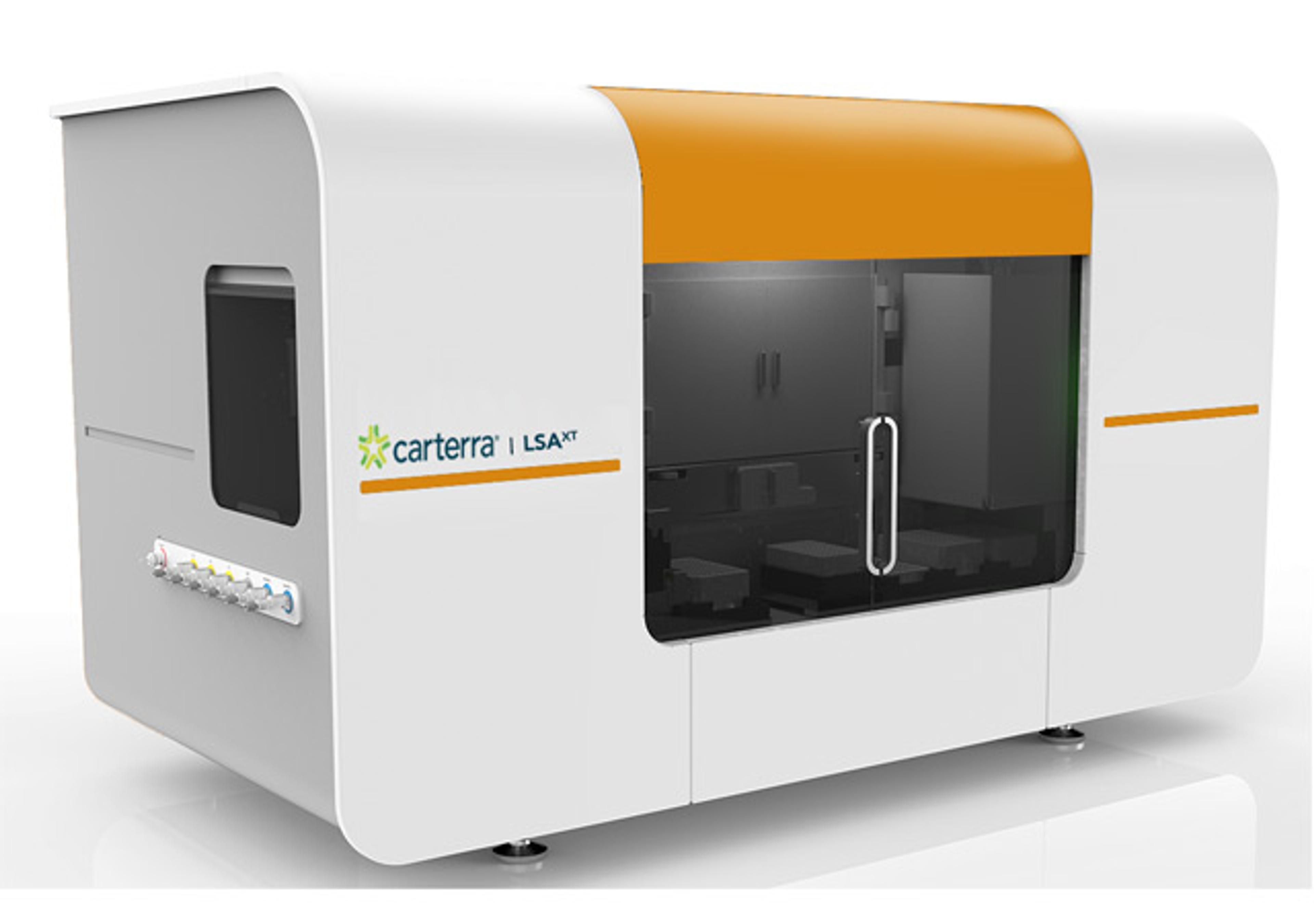Human Recombinant MCP-1 (CCL2)
Monocyte chemotactic protein 1

The supplier does not provide quotations for this product through SelectScience. You can search for similar products in our Product Directory.
Monocyte chemotactic protein-1 (MCP-1), also known as CCL2, is a member of the CC family of chemokines. The protein is primarily induced by platelet-derived growth factor (PDGF) gene (Cochran et al.). The biological effects of MCP-1 are mediated via the specific G-protein-coupled receptor CCR2 which in turn activates signal transduction pathways leading to monocyte transmigration (Sozzani et al.). Migration of monocytes from the bloodstream across the vascular endothelium is required for routine immunological surveillance of tissues, as well as other immunomodulatory effects. MCP-1 is produced by a variety of cell types, including fibroblasts and endothelial, epithelial, smooth muscle, mesangial, astrocytic, monocytic, and microglial cells, which are important for antiviral responses in the peripheral circulations and in tissues (Cushing et al.; Deshmane et al.). MCP-1 plays a role in physiological processes such as neurogenesis, neuroprotection, and neurotransmission and has important implications in neurological disorders such as multiple sclerosis and Alzheimer's disease, in which it is produced during neuroinflammation at the sites of lesions (Conductier et al.).




